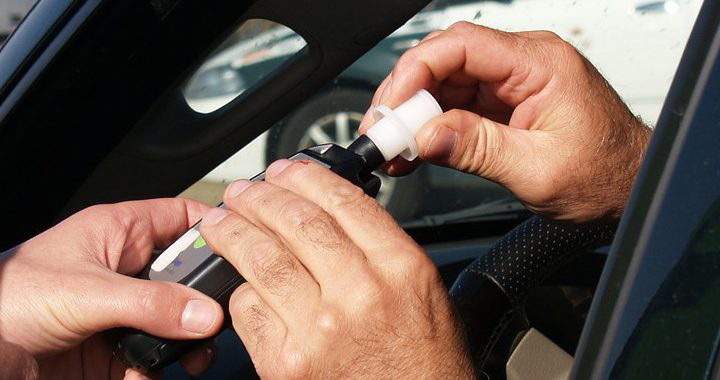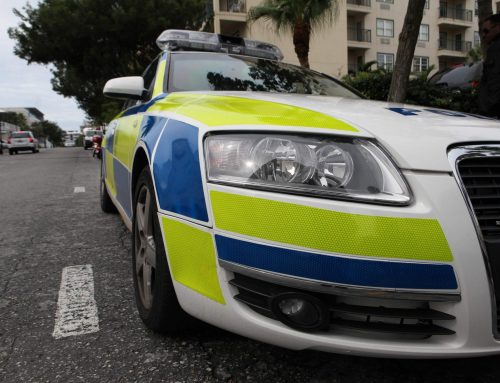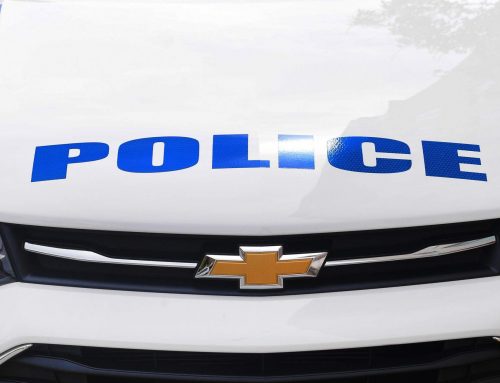A new law to introduce roadside breath tests at mobile checkpoints was said to be a victory for road safety yesterday.
Lauren Wilson, the mother of Wolde Bartley, who was left bed-ridden after he was injured in a 2004 drink-related crash while travelling as a passenger, said her son could be living a normal life today if the legislation had been in force then.
Ms Wilson has provided around-the-clock care for Mr Bartley, now 37, since the crash.
She said: My sons life, my life, and my whole familys life would be different. It changed our lives for ever. My son has a daughter who is grown up. He is missing everything in her life by not being there.
Shes missing out on growing up with her father, especially when she was a little girl.
Ms Wilson said she was convinced the new law would help save lives.
She added: I expect that it will be very effective, this should have happened a long time ago.
Ms Wilson pleaded: To the public, please be safe when driving, including passengers. Please make sure you have a designated driver. Look where my son is today.
Anthony Santucci, the executive director for anti-alcohol abuse charity Cada, said the new law would be an effective weapon in the battle for safer roads.
He said: Ten years ago on July 8 was when we first recommended we should have roadside testing. A decade later we are one step closer.
Mr Santucci added: Sobriety testing is not for the purpose of catching the public but for changing behaviour.
I know this law will be effective because it is well publicised to change peoples behaviour.
In countries where they have successfully implemented checkpoints, the number of road fatalities has gone down.
Roadside breath tests and effective enforcement is one of the three main objectives of The Royal Gazettes Drive for Change campaign, with partner group A Piece of the Rock.
A Drive for Change spokeswoman said the legislation appeared to strike a good balance:
She added: The Drive for Change campaign sees this move by the Progressive Labour Party as a victory for road safety in Bermuda.
The legislation is carefully designed to act as a deterrent by providing prior notice of when the checkpoints will be and giving a general location.
More precise information would have alerted the community to where the checkpoints were not present and give impaired drivers a get out.
This general information about active checkpoints will hopefully be enough of a deterrent, as has been proven to be the case in the UK, Australia and many other jurisdictions.
A spokesman for A Piece of the Rock said the move was a bold step towards stemming the epidemic of road injuries and deaths on Bermuda roads caused by driving under the influence of alcohol and drugs.
He added: Without the proper execution of the road side sobriety checkpoints, the Roadside Sobriety act will be merely ink on paper, so we are hopeful that the sobriety checkpoints will be instituted consistently and properly.
Rod Farrington, senior manager for the Drive for Change campaigns title sponsor Gorhams, added: Knowing the fact that there will no longer be a grey area for drink driving, people will now think before they sit down behind the steering wheel of their car or get on a motorcycle after drinking.
Susan Jackson, the Shadow Minister of Health, has raised the issue of road safety several times in the House of Assembly over the past few months.
She said: I always want to make sure that this is not going to become an excuse for profiling members of our community based on subjective observations of our police force and that when the sobriety testing is taking place there are very clear procedures in place.
Ms Jackson said: The gazetted notice should be broad enough that it doesnt give the option for people to find an alternate route to drive while intoxicated.
We need as much awareness as possible I would like to see some sort of educational component that exposes them to the effects of alcohol and other drugs in the system. It should be mandatory.
Chairman of the Bermuda Road Safety Council Dennis Lister III added: The BRSC fully endorses the Bermuda Government and the introduction of roadside sobriety checkpoints.
We fully understand that drinking and driving or driving under the influence is prevalent in Bermuda and a part of the wider culture of bad road behaviours.
Implementing this will help change the driving habits of those that choose to drive under the influence of alcohol and potentially cause accidents on our roads.
As with the recently released Road Safety Plan Operation Caution, the BRSC is looking to address all factors of bad driving on the roads and this is a step forward for us, as a country, to change the driving culture and ultimately to save lives.








Leave A Comment